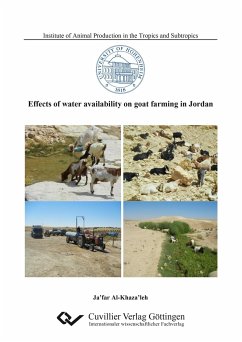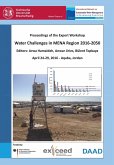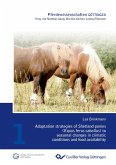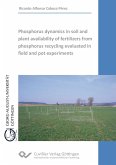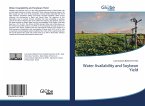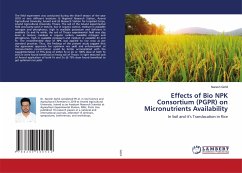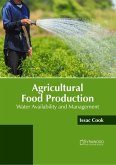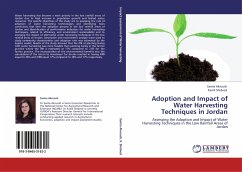A sufficient supply of good quality drinking water is essential for health and productivity of livestock. In Jordan, goat production is an integral part of farming systems and plays a significant role for the food security of rural households. Jordan is one of the poorest countries in the world in terms of water availability with no positive prognosis due to its susceptibility to the impacts of climate change. This study evaluates the seasonal availability, quality, accessibility and utilization of goats¿ drinking water sources in different production systems of two agro-ecological zones in the Karak Governorate in southern Jordan, investigates the perception of farmers about breed differences with respect to their tolerance to water restrictions and production, and assesses the productive and economic performance of goats under different production systems and conditions of water availability with emphasis on water as a core element. Methods used comprised a questionnaire survey with 120 goat keepers, focus group discussions, laboratory analysis of water quality parameters, on-farm measurements of goat body weight and evaluation of body condition score.

